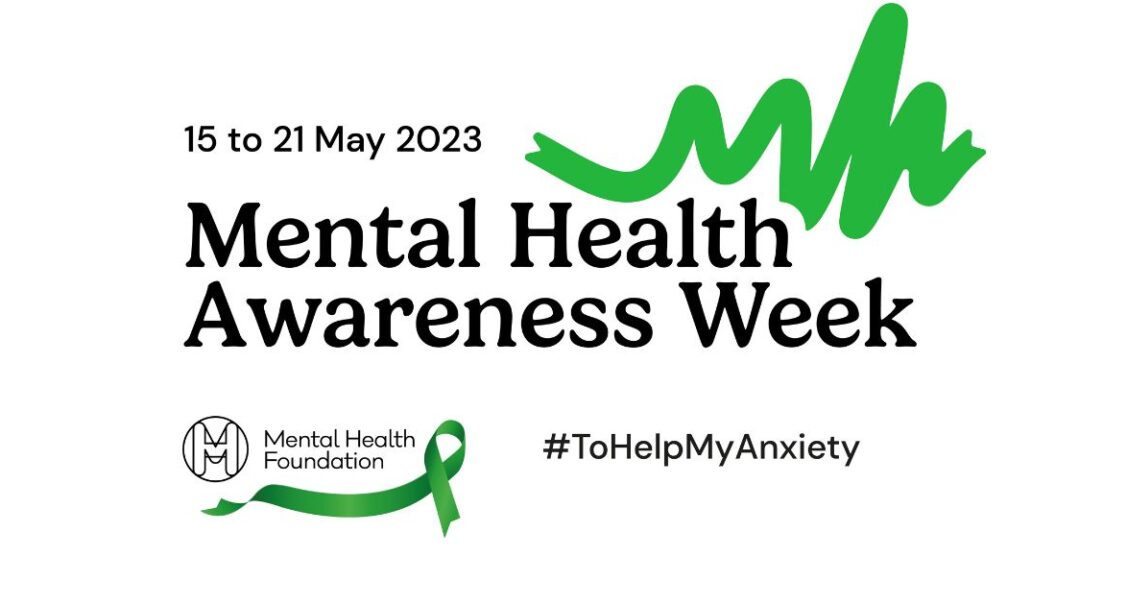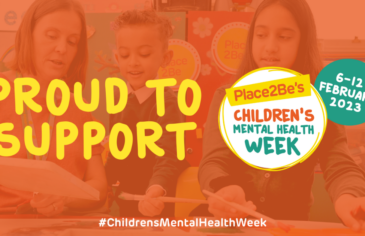Mental Health Awareness Week 2023
Looking after our mental health is an integral part of the Red Balloon philosophy, and so we’re always happy to see society emphasising the importance of emotional wellbeing. The theme of this year’s Mental Health Awareness Week is anxiety, something with which many of our students struggle. It’s a word that we use a lot, but it’s worth having a think about what anxiety actually is, and of course, what we can do to help alleviate it.
What is anxiety?
Anxiety is essentially our body’s physiological response to any perceived or real threat. It can manifest in various different ways; some people may feel nauseous, others dizzy and lightheaded, and heart rate is often elevated. If we are in a situation where the threat is real, anxiety can be a good warning sign that something is not okay and that we should get out. However, this becomes problematic when we begin to feel anxiety out of proportion to the situation, or when the anxiety stays with us for far longer than it needs to. It is at this point that people may begin to develop anxiety disorders, where the anxiety becomes the key feature, rather than the situation.
Most people will feel anxious at some points in their lives, and it’s important to acknowledge that there are times where it is a perfectly natural and healthy response. However, if you are anxious more often than you’re not, or if anxiety is starting to rob you of joy in your life, or stop you from doing things you want to, then it’s time to get some help.
Tips to help manage Anxiety
1. Breathing
Have you ever found yourself suddenly gasping for breath or feeling lightheaded? When we’re very anxious our breathing can become unregulated, as we either unconsciously hold our breath or breathe very quickly. Focusing on your breathing can make a big difference in helping you feel calmer. The Mental Health Foundation recommends trying the 4-7-8 breathing technique. Start by breathing in through your nose as you silently count to four. Next, hold your breath as you count to 7. Finally, breathe out through your mouth for eight counts. Repeat this process at least four times, and you should feel calmer.
2. Exercise
You’ve heard it a million times, but getting moving really does make you feel better. And it doesn’t have to be anything strenuous; even a few stretches can make a difference. A short walk is a great option as being outside in nature has been proven to improve your mood and stress levels too.
3. Connection
Humans need connection. This doesn’t need to be a big social occasion; even a phone call with a friend can make a difference as it should help you feel less alone in your anxiety. Talking to someone about how you’re feeling can also be very helpful; keeping your worries bottled up can often make them worse. Even better, try a walk outside with a friend and combine the benefits of exercise and fresh air along with connection.
4. Practical help
Even if there isn’t one big thing you’re worried about, sometimes all the small challenges and responsibilities of life can build up and start to feel impossible. It can be really helpful to get practical help, whether that’s outsourcing a task or getting a friend to help you make a plan of action to tackle your to do list.
5. Sleep
We all know that lack of sleep impacts our physical and mental wellbeing. If you’re exhausted, it’s easy to lose perspective and feel overwhelmed. While people can have different sleep needs, most experts suggest that adults need at least 7 -8 hours a night, and children and young people need even more. There are various things you can do to promote better sleep. The Sleep Charity’s website has some helpful information and advice.
It is important to note that while a certain level of anxiety is normal, for some people it can develop into an anxiety disorder, and it’s always a good idea to reach out to professionals to get the help you need. Speaking to your GP can be a good starting point, and there are also various charities which can offer support, including Anxiety UK and Mind
Most people will experience anxiety of some sort over the course of their lives, but by implementing these tips, you may well find it easier to manage. And don’t forget to take time to just relax; in the words of Anne Lamott, “Almost everything will work again if you unplug it for a few minutes, including you.”.
Useful links and resources
Mental Health Foundation
Sleep Charity’s website
Anxiety UK
Mind




